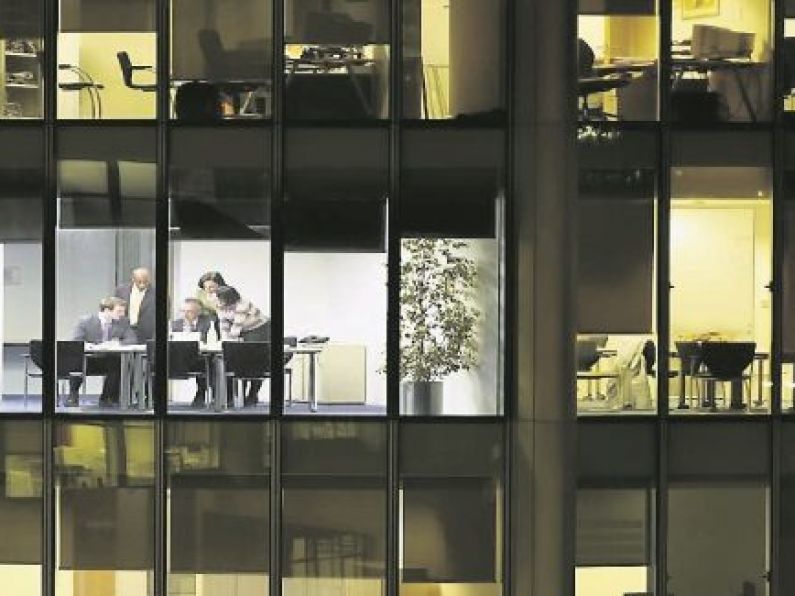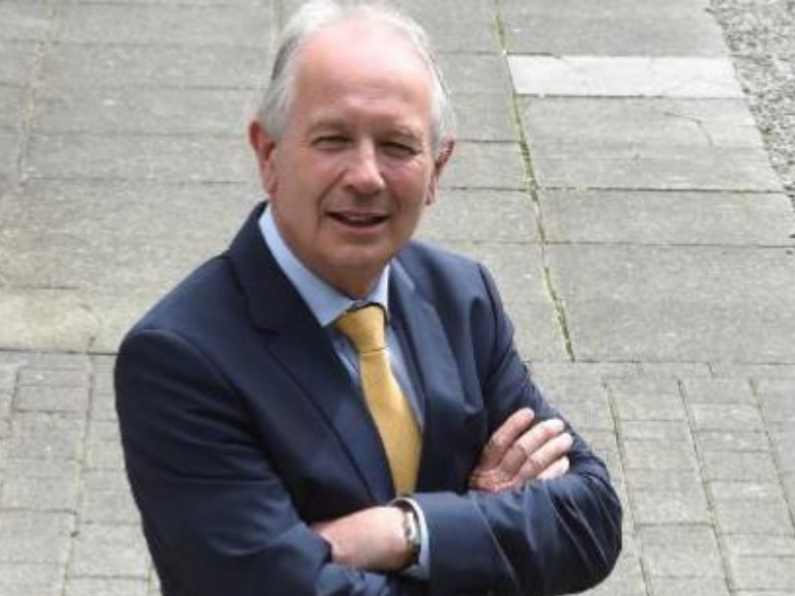A survey has revealed that 42% of Irish office workers believe that a physical office will be unnecessary in the next five to 10 years.
The new research from Ricoh found that 57% of respondents believe they will soon be able to work effectively from any location.
The research, commissioned by Ricoh Europe and conducted by Coleman Parkes, involved 4,580 office workers from across 24 countries, including 150 from Ireland.
When asked about the impact of Generation Z and their expectation of more flexible hours, a third (33%) of those surveyed in Ireland revealed that they think the typical 9-5 working day will cease to exist.
In terms of preferred workstyles, it appears agility is high on most people’s agenda with more than half (51%) of Irish workers revealing they would be attracted by the flexibility of a gig economy role.
Generation X were most drawn to this workstyle (59%), followed by Generation Z (52%), Baby boomers (50%) and Generation Y (41%).
However, despite the demand for more versatility, two in five (40%) Irish office workers cited a lack of flexibility as one of their top three workplace frustrations.
Chas Moloney, director of Ricoh Ireland & UK, said: “It’s quite clear from our findings that Irish office workers see the concept of the traditional workplace as a thing of the past. Employees no longer want to sit at a desk for eight hours a day. Instead, people want to use their time wisely and work smarter, wherever they are.
“Furthermore, the youngest generations in the workforce have grown up with technology and want more fluidity in their roles.
“As our research shows, a lack of flexibility remains one of the top frustrations for Irish office workers, yet versatility is seen as a defining element of the “office of the future” – it’s clear that there is a gap here and perhaps organisations aren’t doing enough to enable new and individual workstyles.”






